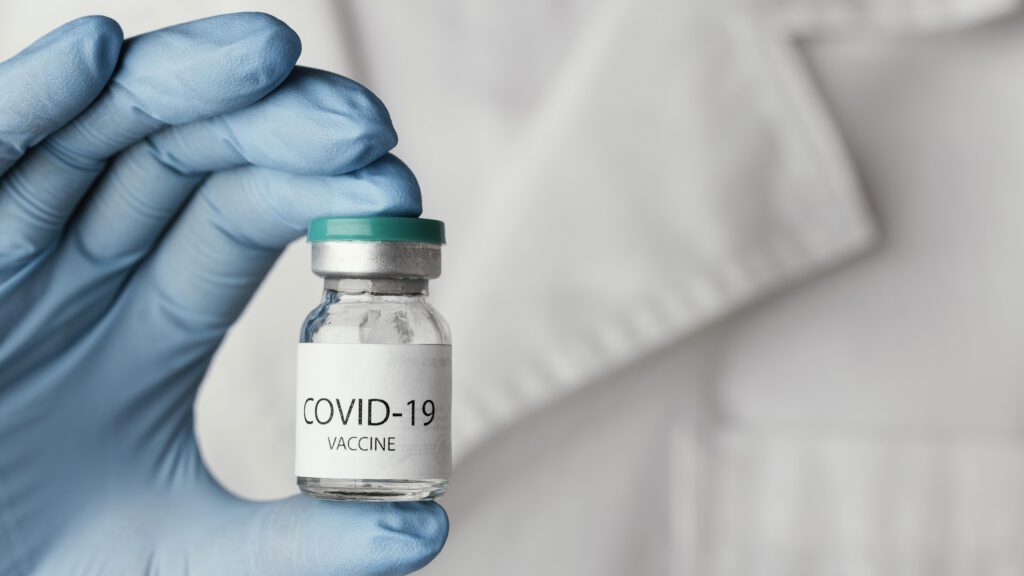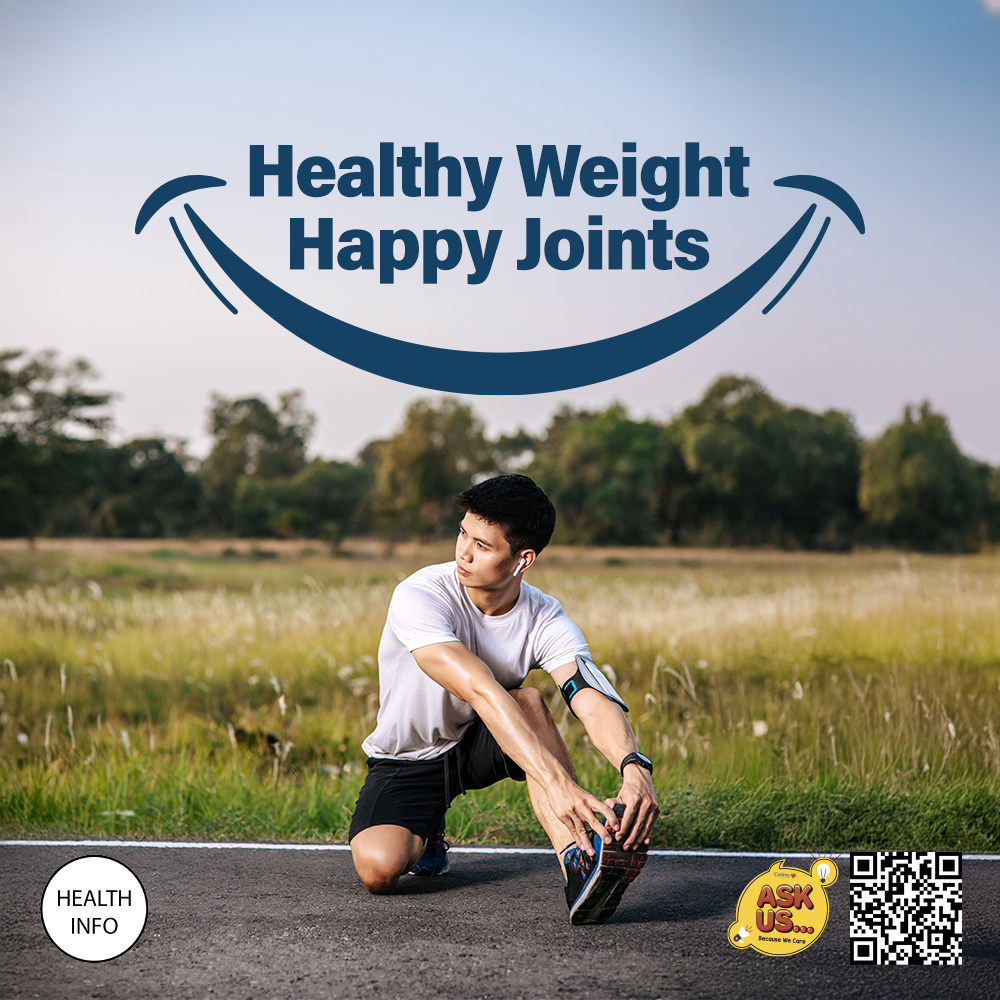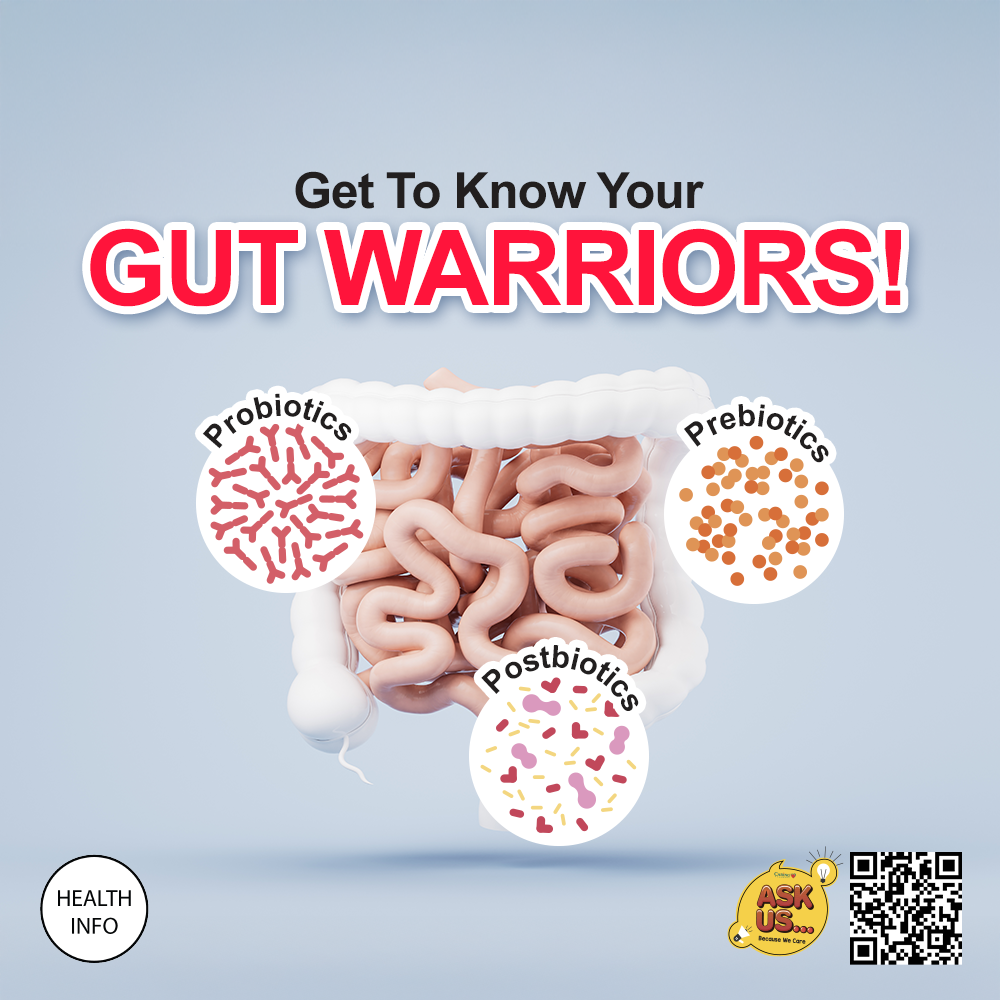- Home
- Health Center
- Health Info
- COVID-19 Vaccination: Should I Be Worried About Blood Clots?
Vaccine
COVID-19 Vaccination: Should I Be Worried About Blood Clots?


Why Are People Worried?
There has been concern and scrutiny of the AstraZeneca (AZ) COVID-19 vaccine on the issue of the very rare clots, with a higher incidence in younger people. The vaccine is widely used in the United Kingdom (UK) but several countries have paused the distribution and administration of the vaccine due to the safety concerns.
Both the European Medicines Agency (EMA) and UK Medicines and Healthcare products Regulatory Agency (MHRA) have published reports confirming the possible link between the clots and the vaccine but stressed the clotting disorder is uncommon and that the benefits of the vaccine still outweigh its risks.1
What Kind of Blood Clots Are Associated With The AZ COVID-19 Vaccine?
The clots that have been tentatively associated with the AstraZeneca COVID-19 vaccine have particular characteristics: they occur in unusual parts of the body, such as the brain or abdomen, and are coupled with low levels of platelets – cell fragments that aid blood coagulation. The most severe is CVST which stands for cerebral venous sinus thrombosis.5 This is a clot found in a large vein in the brain. Blood normally travels through veins from the brain back to the heart. The CVST clot can block the flow of blood in the brain, reducing oxygen supply and potentially causing damage – stopping the central nervous system from working properly.
How Common Is Blood Clots In The AZ COVID-19 Vaccine?
As mentioned, the incidence of the AstraZeneca COVID-19 vaccine related clot is rare. Based on the latest data reported by MHRA, the risk of clot after the vaccine is estimated to be 4 in a million.2 Conversely the risk of a clot upon diagnosis of COVID-19 is far greater at 30 in a million.3To properly understand the risks of taking the vaccine, it is important to also recognise its benefits. The AstraZeneca COVID-19 vaccine has been proven to provide close to 100% protection against hospitalisation, severe disease and death from COVID-19, and therefore also against the blood clots those with the virus are at risk of experiencing.6
What Should I Watch Out For?
Recently, 260k individuals in Malaysia have signed up voluntarily for the AstraZeneca COVID-19 vaccine. Even though the risk of clot is very low, it is important for those signed up for the vaccine to be aware of the symptoms so they can get prompt medical treatment if necessary. These symptoms include: breathlessness; pain in the chest or stomach; swelling or coldness in a leg; severe or persistent headaches or blurred vision; or tiny blood spots under the skin beyond the site of the injection.4 An urgent medical attention is needed if any of these symptoms appears within 2 days to 4 weeks after the injection.
The Benefits Outweigh The Risk
The AstraZeneca COVID-19 vaccine is associated with the risk of clot such as CVST but current data shows the incidence is rare. However expert opinions have maintained that the benefits of the vaccine still outweigh the risks especially in countries where the pandemic is still raging out of control.
Lastly, for any further clarification, do speak to your healthcare provider to find out more on the subject matter or do approach or contact the pharmacist at any CARING Pharmacy stores or message us on our Facebook page.
References:
- Press briefing on the conclusion of the assessment of the Pharmacovigilance Risk Assessment Committee (PRAC) of Vaxzevria (previously COVID-19 Vaccine AstraZeneca) and thromboembolic events. European Medicines Agency (EMA)(Web accessed April 2021). Web link: https://www.ema.europa.eu/en/events/press-briefing-conclusion-assessment-pharmacovigilance-risk-assessment-committee-prac-vaxzevria
- MHRA issues new advice, concluding a possible link between COVID-19 Vaccine AstraZeneca and extremely rare, unlikely to occur blood clots. The Medicines and Healthcare products Regulatory Agency (MHRA)(Web accessed April 2021). Web link: https://www.gov.uk/government/news/mhra-issues-new-advice-concluding-a-possible-link-between-covid-19-vaccine-astrazeneca-and-extremely-rare-unlikely-to-occur-blood-clots
- Covid-19: Risk of cerebral blood clots from disease is 10 times that from vaccination, study finds. Ingrid Torjesen (2021). British Medical Journal (BMJ)
- AstraZeneca’s COVID-19 vaccine: EMA finds possible link to very rare cases of unusual blood clots with low blood platelets. European Medicines Agency (EMA).(Web accessed April 2021). Weblink: https://www.ema.europa.eu/en/news/astrazenecas-covid-19-vaccine-ema-finds-possible-link-very-rare-cases-unusual-blood-clots-low-blood
- Cerebral venous sinus thrombosis associated with thrombocytopenia post-vaccination for COVID-19. GP Castelli; C Pognani; C Sozzi et al (2021). Journal of Critical Care.
- Covid-19: AstraZeneca vaccine prevents 79% of symptomatic disease and 100% of severe disease, US study finds. Shaun Griffin (2021). British Medical Journal (BMJ)
Latest Health Info
Healthy Weight, Happy Joints
How Does Weight Affect Knee Health? The Link Between Pounds And Pain Osteoarthritis (OA) involves the degeneration of joints, which ...
The Gut Warriors: Prebiotics, Probiotics and Postbiotics
When it comes to gut health, you’ve probably heard of prebiotics and probiotics. But did you know there’s also ...
Tip Moreh: Masa Berbuka Puasa
Moreh adalah tradisi unik yang biasanya diadakan selepas solat tarawih pada bulan Ramadan. Ia melibatkan penyediaan dan perkongsian makanan ringan ...



